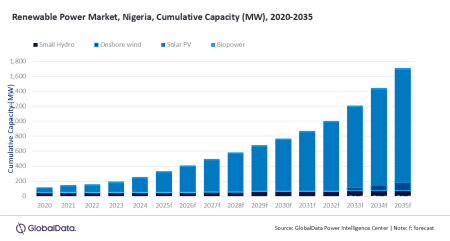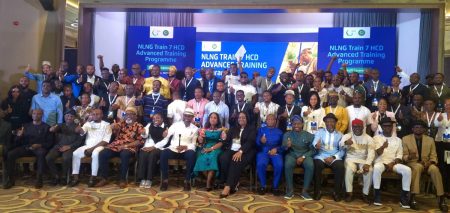
18 February 2014, Lagos – The Partner and Global Chairman, Energy and Natural Resources Sector, KPMG, Mr. Michiel Soeting, has said that the discovery of shale gas in the United States, which is a major importer of Nigeria’s crude oil, would posea threat to Nigeria and at the same time provides an opportunity for the country to diversify its economy.
Speaking to select journalists at the corporate head office of the company in Lagos at the weekend, Soeting said with the discovery of shale gas, long-term contracts for Liquefied Natural Gas (LNG) are being put on hold as buyers anticipate a fall in price.
He said with more countries producing oil and gas, there was increasing competition among resource-rich countries, which provides more opportunities for investors to make choice.
“Nigeria and other resource-rich countries should realise that if they look at the investment inflow, they will know that there is a threat to investment. Secondly, there is increased scrutiny by the stakeholders of the International Oil Companies (IOCs) of their capital expenditure (CAPEX) level. You have seen in the fourth quarter 2013 announcements that most of the IOCs are talking about reducing their CAPEX because they are not having enough returns,” he said.
Soeting said from the global perspective, the current energy dynamics had far-reaching impact on Nigeria.
According to him, the IOCs make investments in Nigeria and if Nigeria thinks it needs foreign investments, the country needs to consider how to compete for those investments.
“A couple of IOCs have pulled out from Iraq because they said the environment is not sustainable and they cannot sell project economics to their investors. So, it is not that there is limitation on where they can make investments; there is no limitation,” he added.
Also speaking, the Partner and Head, Tax, Regulatory and People Services, KPMG, Mr. Victor Onyenkpa said the country was facing two key issues.
“The first one is that one of our key markets, the United States, is becoming more self-dependent and we have to look elsewhere to sell Nigeria’s crude. The second issue is that we are seeing more countries becoming energy players as well. So, investors have more opportunities to make choice in terms of where they will put their money,” he said.
Onyenkpa said apart from these global issues affecting Nigeria, the country was also facing local issues.
He said one of the local issues was the divestment being carried out by the IOCs.
According to him, the IOCs are selling their assets to indigenous players and the President had directed that the indigenous companies buying these assets should be given pioneer status.
“The whole idea is to enable the indigenous companies build capacity and be able to play bigger roles in Nigeria’s oil and gas sector in the long-term. The short term consequence of that decision is that the tax, which the IOCs used to pay on these assets will not be paid by the indigenous company and this means less money for the government,” he added.
He said the second issue was the non-passage of the Petroleum Industry Bill (PIB), which has created uncertainty in the operating environment.
However, the Partner, Risk Consulting and Head Africa Oil and Gas Sector, Mr. Dimeji Salaudeen said the country had been able to contain the risk posed by the discovery of shale gas by diverting LNG cargoes to other markets.
He said Nigeria had been able to move quickly to counteract some of these consequences by successfully finding alternative markets in China, South Korea, India and other Asian countries.
“The question, however, is: to what extent is this short-term measure sustainable because some of these countries are also sitting on top of huge resources? We are not really having a major impact on the short-term,” he added.
– This Day



